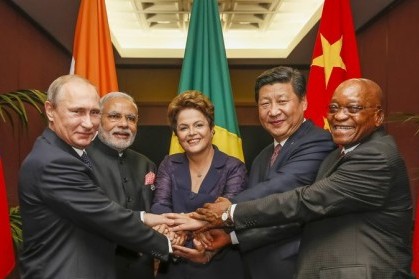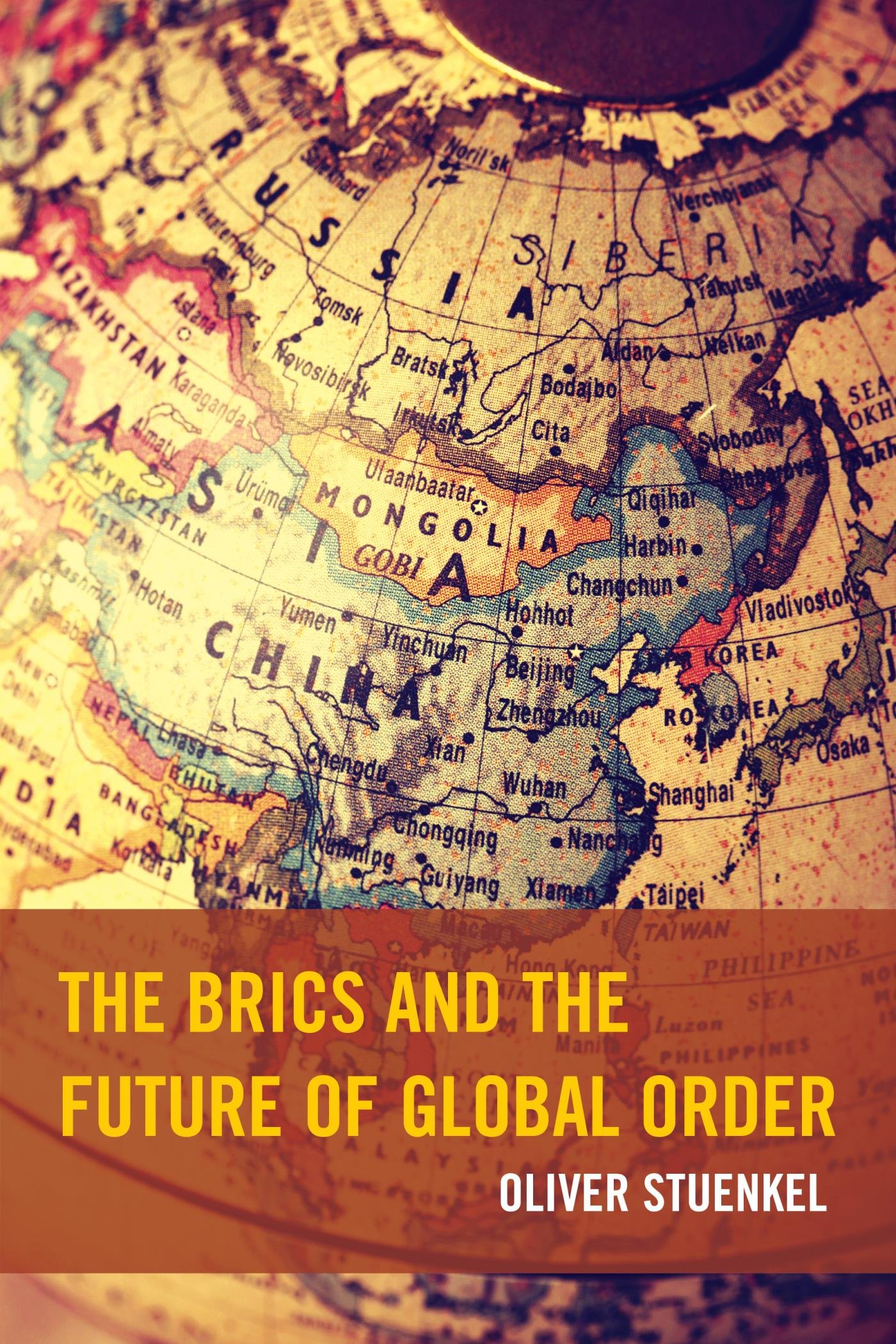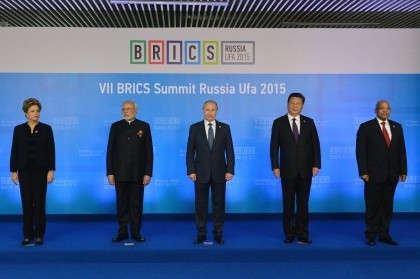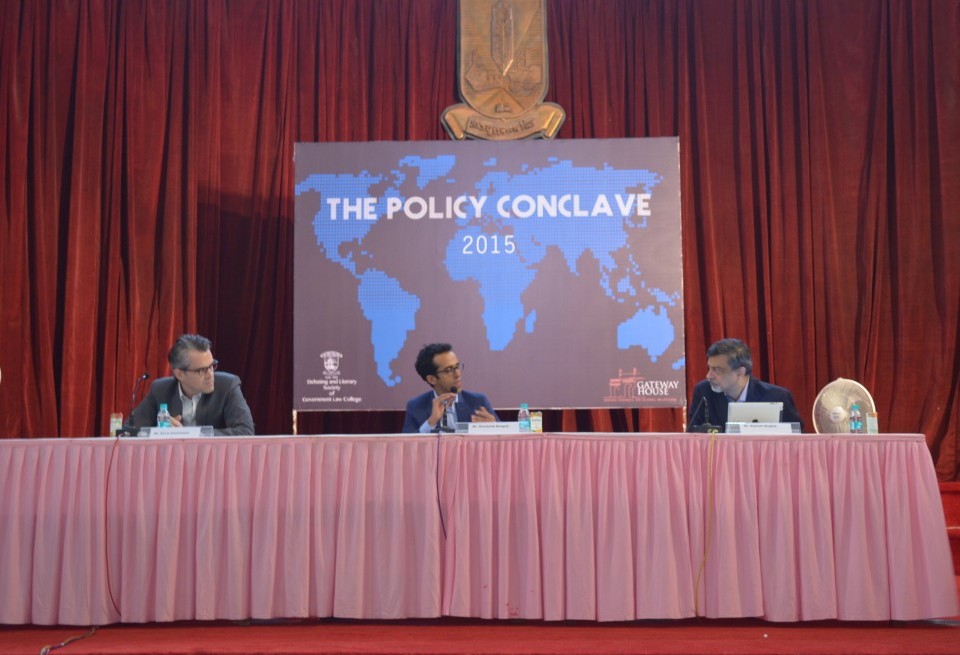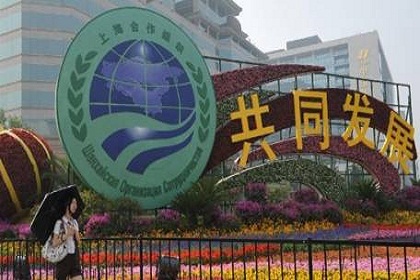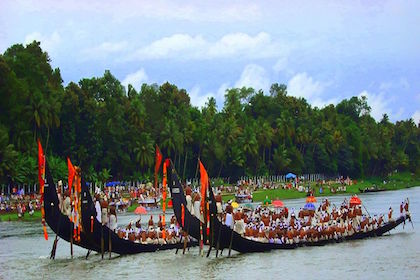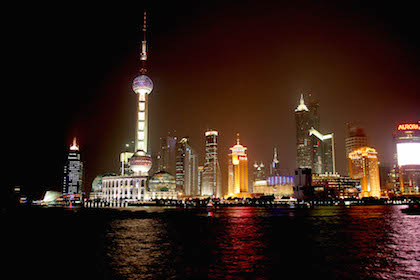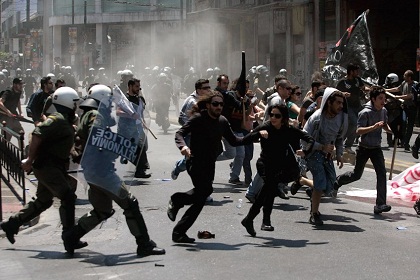Whither BRICS?
Although the BRICS caravan is passing through uncertain times, its major leaders appear determined to continue the journey as doing so is in the collective interest. The world is likely to hear more - not less - about BRICS in the foreseeable future.

